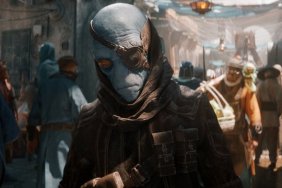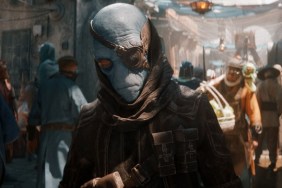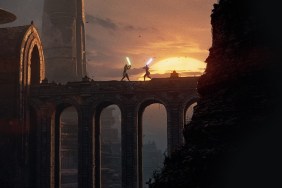Earlier today, three separate outlets (Le Monde, Canard PC, and Mediapart) published stories about poor working conditions at Detroit: Become Human developer Quantic Dream. The allegations were particularly critical of management, and said that racist behavior had been observed. Now after David Cage’s (criticized) response, the developer itself has come out to deny the allegations.
— Quantic Dream (@Quantic_Dream) January 14, 2018
Here’s the official statement from Quantic Dream in full:
Articles published today level various allegations against Quantic Dream, its management and employees.
We categorically deny all of these allegations. Quantic Dream filed a complaint several months ago and further complaints will follow.
We invite interested parties to read the responses of our Employee Representatives and Health & Security Committee to questions submitted by the journalists prior to publication.
Inappropriate conduct or practices have no place at Quantic Dream. We have taken and always will take such grievances very seriously.
We value every single person who works at Quantic Dream. It is of utmost importance to us that we maintain a safe environment that allows us all to channel our shared passion for making video games.
For more on the PS4 exclusive, check out our Detroit: Become Human preview. Here’s a snippet of what Paulmichael Contreras wrote:
Once the police drone was taken care of, Marcus and partner North were able to locate their target: a store where other androids are sold to humans. Marcus quickly scanned the store, and discovered a link to the store’s security network. Some worker androids were busy repairing a conduit into the network (a little too perfect of a coincidence in this writer’s opinion, but we’ll roll with it). So Marcus hopped down to their level, freed the androids, and told them to “go to Jericho,” which sounds like a city made by awakened androids, for awakened androids. With the worker androids out of the way, Marcus was able to hack the building’s network. This was accomplished in true Quantic Dream fashion – the player simply had to hold down one, then two, then three, then four buttons at the same time for long enough.
With the security network knocked out, Marcus and North needed something big to bust open the front of the android store. A nearby truck did the trick. Marcus awoke the shop model androids, and then made a speech, getting the androids to rally up for the cause. It was time to send the humans a message, and where Quantic Dream’s signature choice mechanics came into play. Marcus could choose between a variety of pacifist or violent actions, from tagging a bench or destroying it, to moving automated cars, or tipping them over, and more. Each action added to a bar that moved between pacifist or violent, in varying degrees depending upon how extreme of an action was taken. We saw Marcus take a violent route again; this was a shame, because we had seen the violent version in the trailer before. It would have been interesting to see how the scene would have played out if Marcus chose the pacifist route; it appears Quantic Dream is keeping much of the game close to the vest.
Detroit: Become Human is set to release exclusively for PlayStation 4 in 2018.








